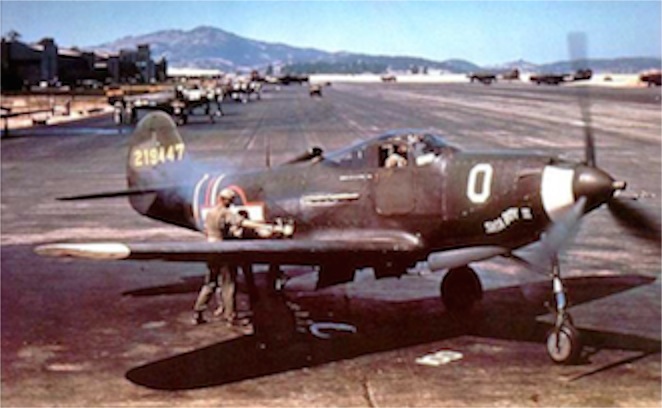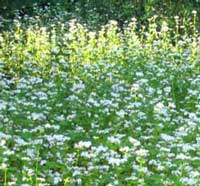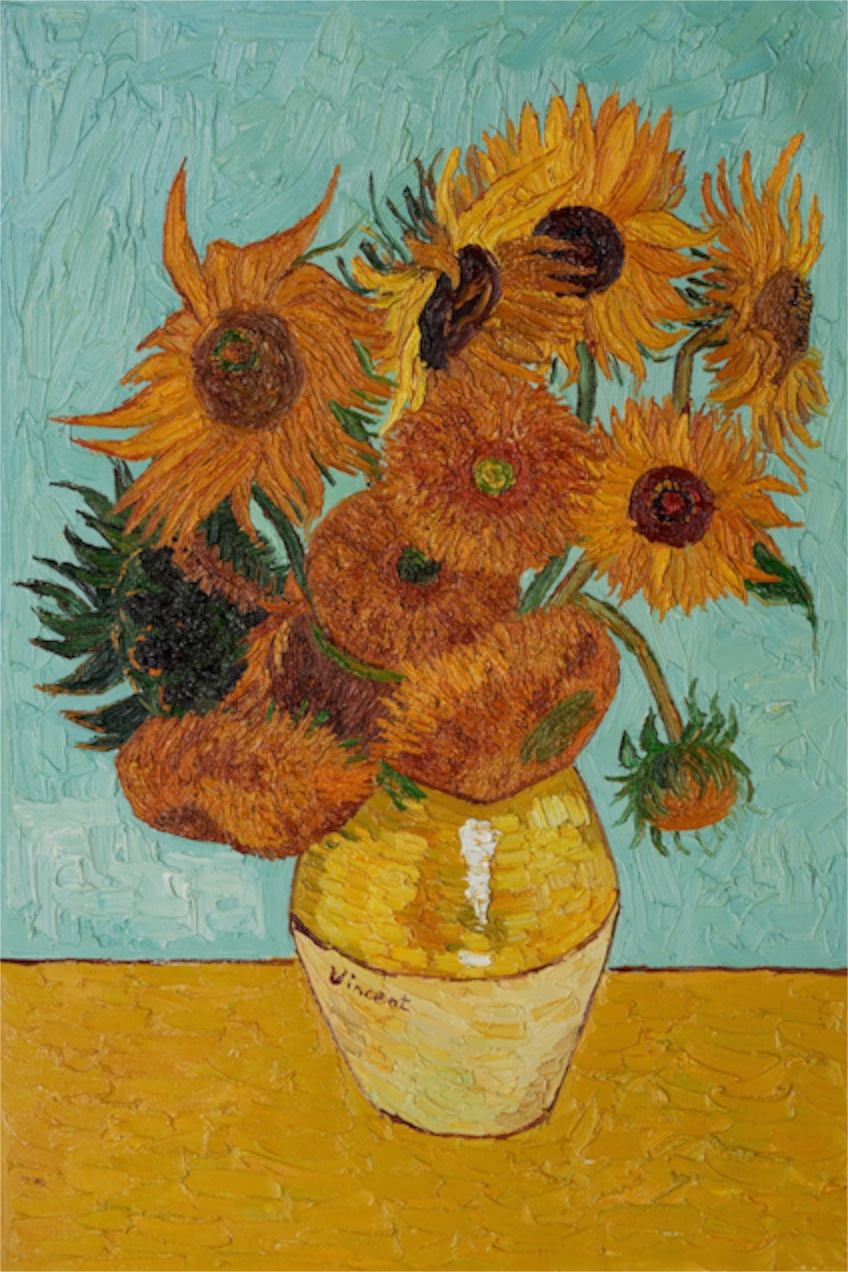Selling the Farm
23/03/12 04:40

So in my household, the phrase “bought the farm,” referred to someone dying in an airplane crash. I now know that using the word “bought” for dying predates airplanes, but my father’s explanation for the phrase was that a responsible pilot carried enough life insurance to pay off the mortgage if he were to be killed.
“Bought the farm” wasn’t especially a good thing from our point of view.
I knew from an early age, at least from my early teen years, that I would not be a farmer or a rancher when I grew up. Lying in the muck and mud, trying to pull a calf in a spring blizzard, vaccinating lambs in the cab of the pickup truck, driving a cabless swather into the wind on a hot July afternoon, even sitting above the reel of a combine breathing all of the dust – these were not career aspirations that I held. I did at one time long to be a pilot and once took home the application for the smokejumper program, but my thick glasses seemed to prevent serious participation in either activity at the time.
I am not unhappy with my vocation. But not having ever lived on a farm or been dependent on the farm life has made me a bit of a romantic about farm life. The things you have never done seem a bit more enticing when they are best known through your imagination as opposed to experience. What I have always known is that the farm of my father’s people was sold before I was born. The farm of my mother’s people is still in the family. The sixth generation now lives in the farmhouse in Floweree, Montana.
I married into a family with roots on the farm but a house in town. The farm that was the place of my father-in-law’s growing up years was still in the family, at least a half section, which was divided between my father-in-law and his sister. He kept his quarter and rented it for the remainder of his life. In his aging years, as a widower, after his memory was slipping a little, he used to introduce himself as a farmer instead of the electrician that was his adult vocation. We didn’t try to correct him. After all he still owned a bit of North Dakota farmland.
When he died, the decision to sell the farm made good sense. The renter was a superb steward of the land. He was prepared to buy and offered a fair price. The three daughters are far more capable of managing money than sharing a bit of land far too small to support a family. The sale went through yesterday, after delay upon lawyer-induced delay. You’d think that someone who was paid that much could get the right county on the purchase agreement, or at least that you wouldn’t have to pay them to correct their own mistake, but that is not the way of the world, I guess. Finally, however, the closing on the land took place. It was rather un-dramatic. And it was a bit of a relief, quite frankly. Now the North Dakota probate can be closed. After that the South Dakota probate can be closed. We can see the end of the journey.
So it was silly for me to be feeling a bit nostalgic last night when I got the news. After all, it wasn’t a farm from my side of the family. It was a place I had visited only a few times. I have been consistently pleased and proud of the wise and levelheaded decisions my wife, executor of the estate, has been making. But still, it seems a bit sad. Instead of “bought the farm,” we “sold the farm.”

I don’t know if I can describe to you how beautiful buckwheat in bloom looks. It is a form of art that I cannot express in words.

So this spring, I’ll be planting sunflowers in my yard. I do it for the art.
After all, I can’t afford to buy a Van Gogh.
